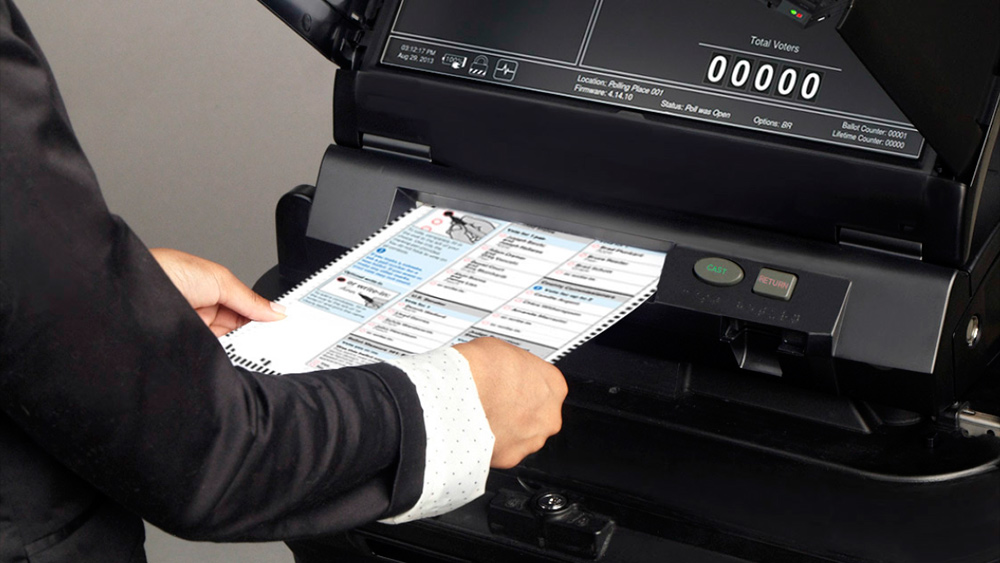Is the IRS BREAKING the law by mining your Facebook posts?
08/25/2017 / By Thomas Dishaw

Those Facebook posts from your vacation on a white sand beach, or that purchase of a fancy new vehicle, could be attracting views from the federal government.
As its staff shrinks, the Internal Revenue Service has turned to mining social media and large data sets in search of taxpayers to audit, a Washington State University professor says in a recent report in the Vanderbilt Journal of Entertainment and Technology Law.
People should be aware “that what they say and do online” could be used against them by the IRS, said Kimberly Houser, an associate professor of business law in WSU’s Carson College of Business.
Her 55-page report is studded with examples of how the IRS has turned to social media and data analytics for enforcement, including a 2013 fraud case in which a Florida woman was convicted after bragging about being the ‘Queen of Tax Fraud’ on Facebook.
Tax evasion cost the U.S. government an estimated $3 trillion in lost revenue between 2000 and 2009, the report said. With its budgets and staff in decline, the IRS created a new “Office of Compliance Analytics” division in 2011 to make use of big data and predictive algorithms for finding tax scofflaws, Houser said. But some of the practices used by the IRS violate federal laws related to privacy and fair information gathering, she said.
While the burden is on taxpayers to provide supporting documents for their tax returns, the IRS does not have unlimited power to obtain any information it wants, the report said.
In a 2010 case, United States v. Warshak, a federal appeals court affirmed that citizens have a reasonable expectation of privacy in their emails and the government needs a search warrant to read them.
However, “many of these (privacy) statutes were written before the internet was widely used, and certainly before social media,” Houser said. “My instinct is that because the law is not worded as broadly as it could be to cover these situations, the IRS has just taken the stance of ‘Let’s just do what we can until someone tells us we can’t.’ ”
The IRS is mostly mum on how the agency targets taxpayers through analytics, according to Houser, who cites examples culled from outside reports, including other universities’ freedom of information requests.
Houser said the agency uses data analytics to decide which taxpayers to audit, based on “private, highly detailed profiles” of taxpayers created from sources other than tax returns or third-party reports, such as W-2 wage information. Her report says the IRS mines commercial and public data, including social media sites such as Facebook, Instagram and Twitter. The information is added to IRS databases and algorithms are used to identify potential tax evaders, the report said.
“The collection and use of this data without proper oversight and the increasing reliance on machine-generated decisions may result in harm” – such as targeting or discrimination of particular groups, Houser said in the report.
Submit a correction >>
Tagged Under:
Big Brother, Facebook, IRS
This article may contain statements that reflect the opinion of the author
RECENT NEWS & ARTICLES
COPYRIGHT © 2017 GOVTSLAVES.COM
All content posted on this site is protected under Free Speech. GovtSlaves.com is not responsible for content written by contributing authors. The information on this site is provided for educational and entertainment purposes only. It is not intended as a substitute for professional advice of any kind. GovtSlaves.com assumes no responsibility for the use or misuse of this material. All trademarks, registered trademarks and service marks mentioned on this site are the property of their respective owners.




















